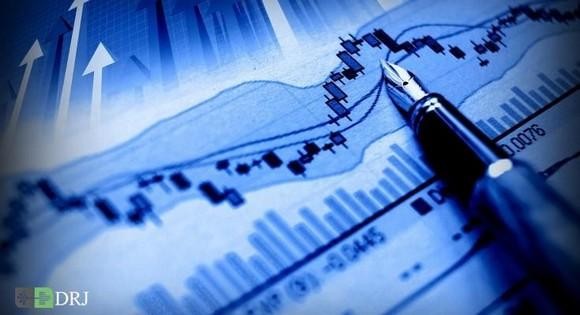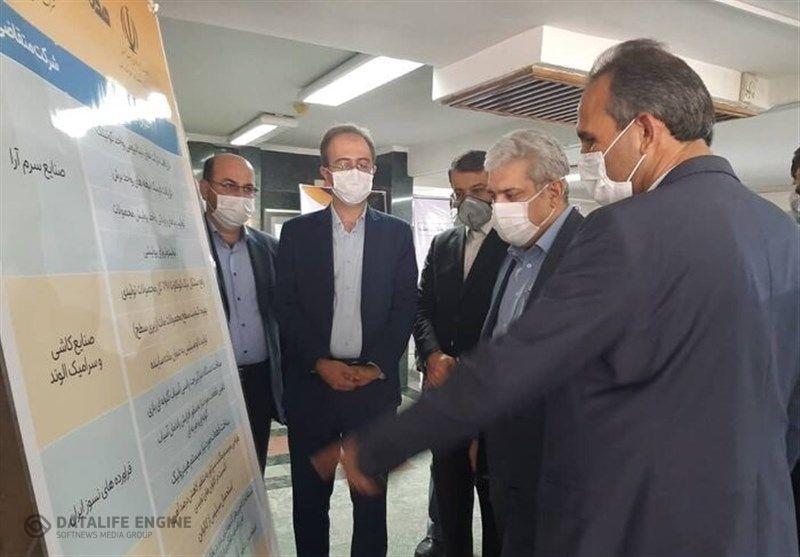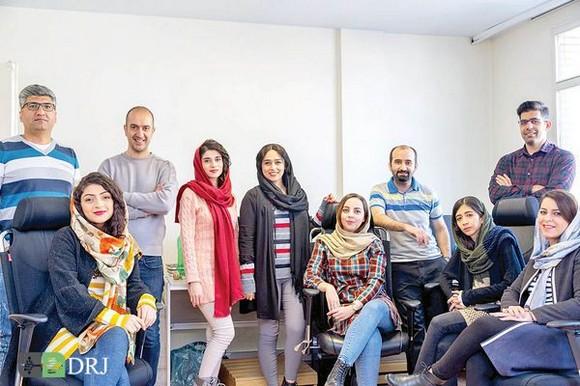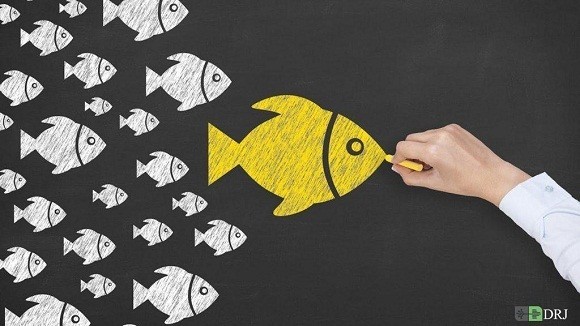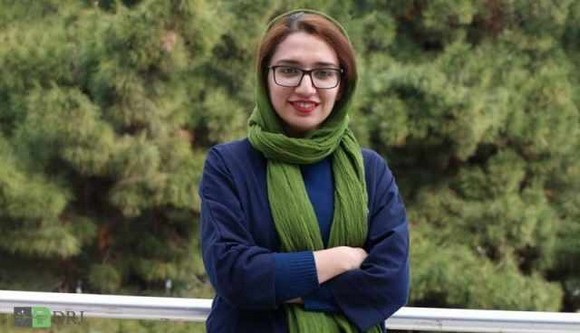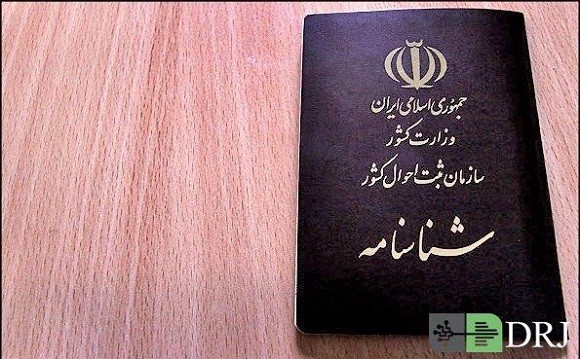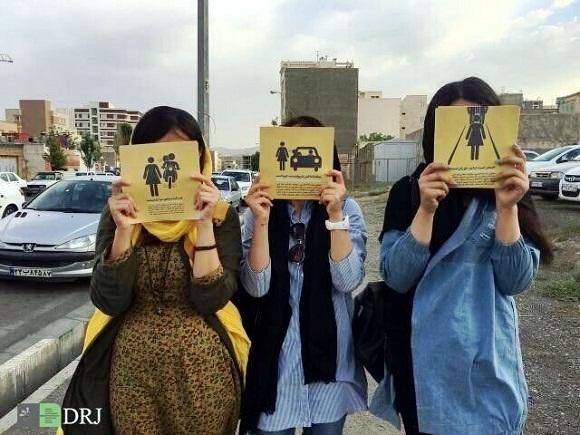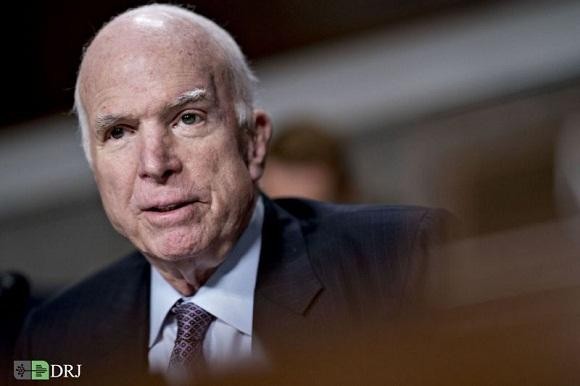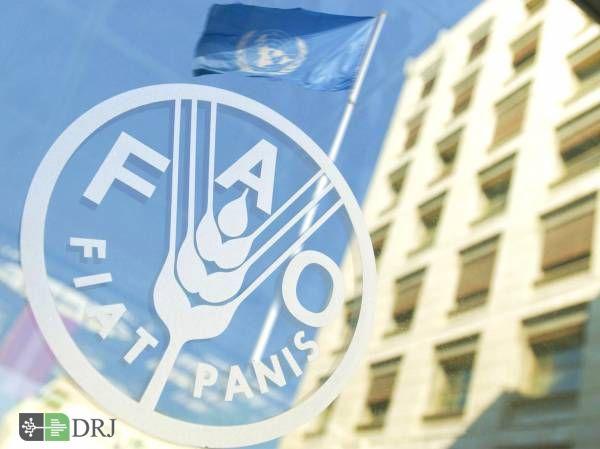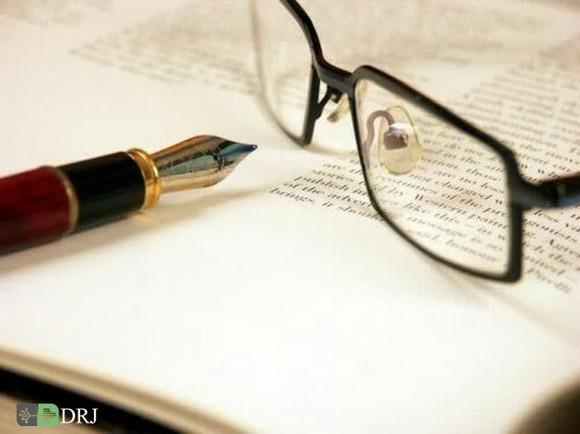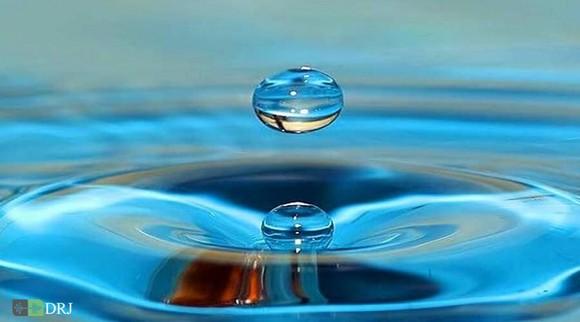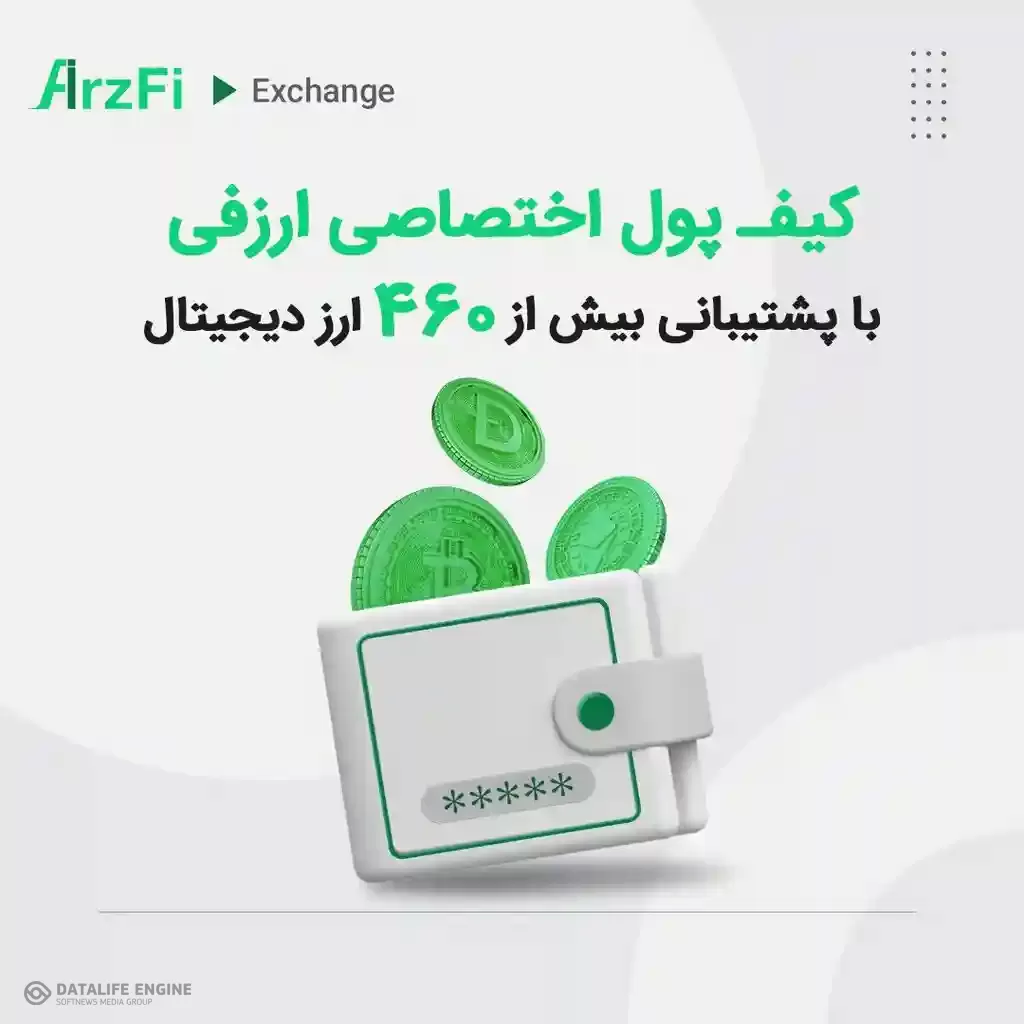Abdus Salam
Abdus Salam ( 1926--1996 )
Abdus Salam was born in 1926 in a small town , Jhang , in what is now Pakistan . His father was an official in the Department of Education in a poor farming district . Abdus Salam was a brilliant student .
Abdus Salam ( 1926--1996 )
Abdus Salam was born in 1926 in a small town , Jhang , in what is now Pakistan . His father was an official in the Department of Education in a poor farming district . Abdus Salam was a brilliant student . At 14 , he obtained the highest ever recorded marks for the Matriculation Examination at the University of the Punjab , and won a scholarship to join the Government College , University of the Punjab , from where he obtained his Master’s degree in 1946 . This was just a year before the Partition of the Indian subcontinent into Pakistan and Bharat ( India ) . In the same year , Abdus Salam was awarded a scholarship to St . John’s College , Cambridge , where he took a BA ( Honours ) with a double first in mathematics and physics in 1949 . In 1950 he received the Smith’s Prize from Cambridge University for the most outstanding pre-doctoral contribution to physics . He then proceeded to complete his Ph . D . in theoretical physics at Cambridge . His doctoral thesis on quantum electrodynamics ( 1951 ) contained won him an international reputation .
By the time Salam finished his Ph . D . the state of Pakistan had emerged . Salam returned to Pakistan in 1951 and joined Government College , Lahore where he taught mathematics . The next year , he became the head of the Mathematics Department of the Punjab University .
In 1954 Salam left Pakistan for a lectureship at Cambridge . He only returned to his native Pakistan for occasional consultancy services . In this capacity , he was a member of the Pakistan Atomic Energy Commission and a member of the Scientific Commission of Pakistan and was Chief Scientific Adviser to the President from 1961 to 1974 . In 1957 , he became Professor of Theoretical Physics at Imperial College , London , and in 1964 he joined the International Center for Theoretical Physics ( ICTP ) , Trieste , as its Director .
During his long career he did engineering work in theoretical elementary particle physics . In addition to his research , he consistently advocated efforts to increase opportunities for young scientists from less developed countries . He has served on a number of United Nations committees concerned with the advancement of science and technology in developing countries . For his contributions towards peace and promotion of international science collaboration , he received the Atoms for Peace Medal and Award . He shared the 1979 Nobel Prize for physics with Sheldon Glashow and Steven Weinberg . This international recognition made him a forceful voice in the promotion of science in less developed countries . He was awarded honorary doctorates by 36 universities around the world . Abdul Salam died at his residence in Oxford on Thursday , November 21 , 1996 at 8:15 am ( Pakistan Standard Time ) after protracted illness . He was 70 . He was suffering from Parkinson's disease . He is survived by his wife , two sons and four daughters .
Abdus Salam championed the cause of promotion of science in less developed countries and especially in Muslim countries . He has not left behind any critique of western science , nor any philosophical work dealing with the intricacies of the Islamic perspectives on science but as a working scientist , he passionately advocated promotion of science . Like many reformers of the nineteenth century , he used the Qur’an and Prophetic tradition to justify acquisition of science . The following excerpt from a paper intended for the Islamic Summit held in Kuwait in January 1987 is representative of his views .
The Future of Science in Islamic Countries
“In the conditions of modern life , the rule is absolute; the race which does not value trained intelligence is doomed . . . Today we maintain ourselves , tomorrow science will have moved over yet one more step and there will be no appeal from the judgment which will be pronounced . . . on the uneducated . ” Alfred North Whitehead
First and foremost , it is important to re-emphasize that the Muslim Ummah constitutes 1/5th of mankind , larger in population than the USA , Western Europe and Japan combined , and only exceeded by China as a unit . In income terms , it represents 1/15th of global GNP - three times as large as that of the Chinese .
So far as the sciences are concerned , the Muslim Ummah has a proud past . For 350 years , from 750 CE to 1100 CE , the Ummah had an absolute world ascendancy in sciences . From 1100 CE for another 250 years , we shared this ascendancy with the emerging West . From the 15th century onwards - this period paradoxically coinciding with the great Empires of Islam ( Osmnali in Turkey , Safvi in Iran , Mughal in India ) - we progressively lost out . There is no question , but today , of all civilizations on this planet , science is the weakest in the lands of Islam . The dangers of this weakness cannot be over-emphasized since honourable survival of a society depends directly on strength in science and technology in the conditions of the present age .
Why were the Muslims ascendent in sciences? Three reasons: first , the early Muslims were following the injunctions of the Holy Book and the Holy Prophet . According to Dr . Muhammad Aijazul Khatib of Damascus University , nothing could emphasize the importance of sciences more than the remark that “in contrast to 250 verses which are legislative , some 750 verses of the Holy Qur’an - almost one-eight of it - exhort the believers to study Nature to reflect , to make the best use of reason and to make the scientific enterprise an integral part of Community's life . ” The Prophet of Islam - Peace be upon him - said that it was the “bounden duty of every Muslim - man and woman - to acquire knowledge” .
From these injunctions , followed the second reason for our ascendency . Notwithstanding the customary opposition of traditionalists , up to the fifteenth century the scientific enterprise and the scientists in early Islam were supported magnificently by the Muslims principalities and by the Islamic society . Thus , to paraphrase what H . A . R Gibb has written in the context of literature: “To a greater extent than elsewhere , the flowering of the sciences in Islam was conditional . . . on the liberality and patronage of those in high positions . So long as , in one capital or another , princes and ministers found pleasure , profit or reputation in patronizing the sciences , the torch was kept burning . ” And some princes - like Ulugh Beg at Samarkand - themselves joined in the scientific quest .
The third reason for our ascendency was connected with the cohesion of the Ummah - the Islamic nations , notwithstanding their political differences , acted as a unified Commonwealth , so far as sciences were concerned .
The importance of science for the Muslim nations
Why am I so passionately advocating our engaging in the enterprise of science and of creating scientific knowledge? This is not just because Allah has endowed us with the urge to know , this is not just because in the conditions of today this knowledge is power and science in application , the major instrument of material progress and meaningful defence; it is also that as self-respecting members of the international world community , we must discharge our responsibility towards and pay back our debt for the benefits we derive from the research stock of contempt for us - unspoken , but certainly there - of those who create knowledge .
I can still recall a Nobel Prize Winner in Physics from a European country say this to me some years ago: “Salam , do you really think we have an obligation to succour , aid , feed and keep alive those nations who have never created or added an iota to man's stock of knowledge?” And even if he had not said this , my own self-respect suffers a shattering hurt whenever I enter a hospital and reflect that almost every potent life-saving medicament of today , from penicillin upwards , has been created without our share of input from any of us from the Muslim world .
As I have emphasized , science is important because of the underlying understanding it provides of the world around us , of the immutable laws and of Allah's design; it is important because of the material benefits and strength in defense and its discoveries can give us; it is important because of its universality . It could be a vehicle of co-operation for all mankind and in particular for the Islamic nations . We owe a debt to international science , which , in all self-respect , we must discharge .
As Allah has promised , He does not let the efforts of those who strive , go to waste .
Let me end with the following prayer:
Let no future historian record that in the fifteenth century of the Hijra , “Muslim scientific talent was there but there was a dearth of statesmen to marshal and nurture it . ”CIS

